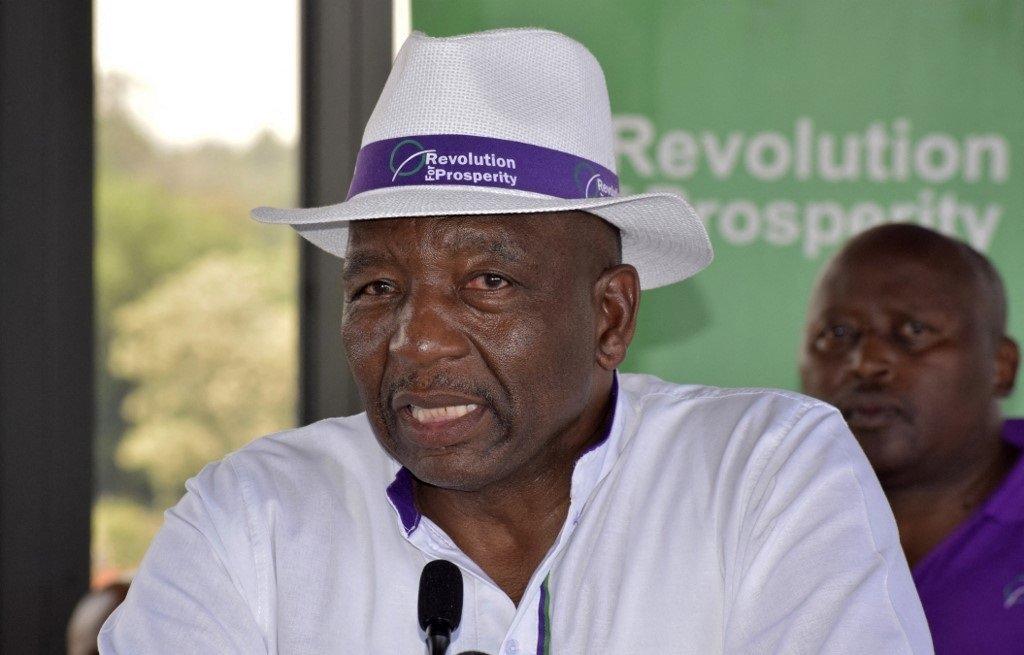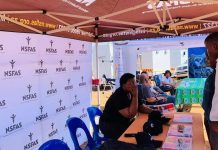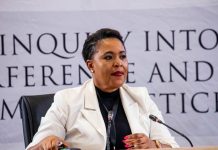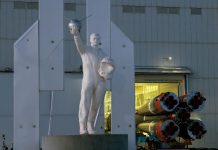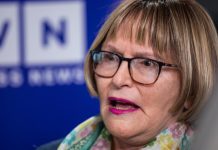Africa-Press – South-Africa. Lesotho will be governed by a coalition made up of Revolution for Prosperity (RFP), the Alliance of Democrats (AD) and the Movement for Economic Change (MEC).
The RFP, led by one of Lesotho’s wealthiest businessmen Sam Matekane, 64, failed to secure the 61 seats needed for an outright majority after Friday’s election.
But the RFP, AD and MEC secured 65 of the 120 seats in Lesotho’s National Assembly.
The AD won two constituency seats and earned two from proportional representation, giving them four seats. The MEC won one constituency seat and three proportional representation seats, which meant they would bring four seats to the coalition.
Eighty of the National Assembly’s 120 seats are constituency seats and the remaining 40 are from the proportional representation (PR) system.
Addressing journalists in Maseru on Tuesday morning, Matekane, who will eventually be the new prime minister, vowed to work with his partners to “[stabilise] the economy and unite the nation”.
Lesotho is a lower middle-income country. Its economy is ranked as one of the poorest in the world at 38th, among 47 countries in the Sub-Saharan Africa region, according to the World Bank.
A coalition was never on Matekane’s wish list. Before last week’s election, he said the goal was to attain an outright victory as no other party shared his ideologies.
His line of thought was that successive coalitions that had governed Lesotho since 2012 failed to tackle the nation’s socio-economic problems as they spent their energies bickering.
Only if the RFP ruled on its own, would it be able to implement its development agenda, he said.
Coalition partners
In 2017, the AD, led by Monyane Moleleki, split from the governing Democratic Congress (DC) and secured 7.3% of the vote, accounting for nine seats.
This time around, the AD’s popularity declined by around 50%, and it won four seats.
The MEC, formed in 2017 by former cabinet minister Selibe Mochoboroane, secured 5% of the vote in the last election, winning six seats.
In forming a coalition with smaller parties, Matekane overlooked an alliance with his nearest challenger, the Mathibeli Mokhothu-led DC, which won 26 seats overall.
There was also the All Basotho Convention (ABC), the lead party in the outgoing governing coalition alongside the DC.
In the 2017 elections, the ABC secured 53 seats. The party collapsed in spectacular fashion in this election as it failed to win a single constituency seat.
Its eight seats were courtesy of the PR system.
Lesotho’s ambassador to Ethiopia and renowned political scientist Mafa Sejanamane tweeted: “Urgent advice to the RFP: Coalition is inevitable when no party has an outright majority but avoid scourge of partners claiming some ministries as theirs. We, for once, need a unified government, rather than hideouts for individual parties.”
The election
The 2022 elections were conducted against the backdrop of four successive unstable coalition governments resulting from a hung Parliament.
According to the African Union observer mission, the elections were high stakes because “they were preceded by the 2017 snap elections, which were characterised by mistrust among political stakeholders, disregard for the rule of law and politicisation of state institutions”.
The elections were the tenth to be held since independence in 1965. A total of 52 parties contested the election, up from 27 five years ago.
Following the 2017 elections, the AU observer mission recommended reforms to strengthen the separation of powers and safeguard the independence of institutions.
It also proposed the professionalisation of the civil service and clarification of civilian authorities’ roles in security sector control.
While efforts were made to pursue inclusive consultative processes to give effect to these reforms, the proposed reforms were stalled and could not be legally implemented before the 2022 elections.
The News24 Africa Desk is supported by the Hanns Seidel Foundation. The stories produced through the Africa Desk and the opinions and statements that may be contained herein do not reflect those of the Hanns Seidel Foundation.
For More News And Analysis About South-Africa Follow Africa-Press

